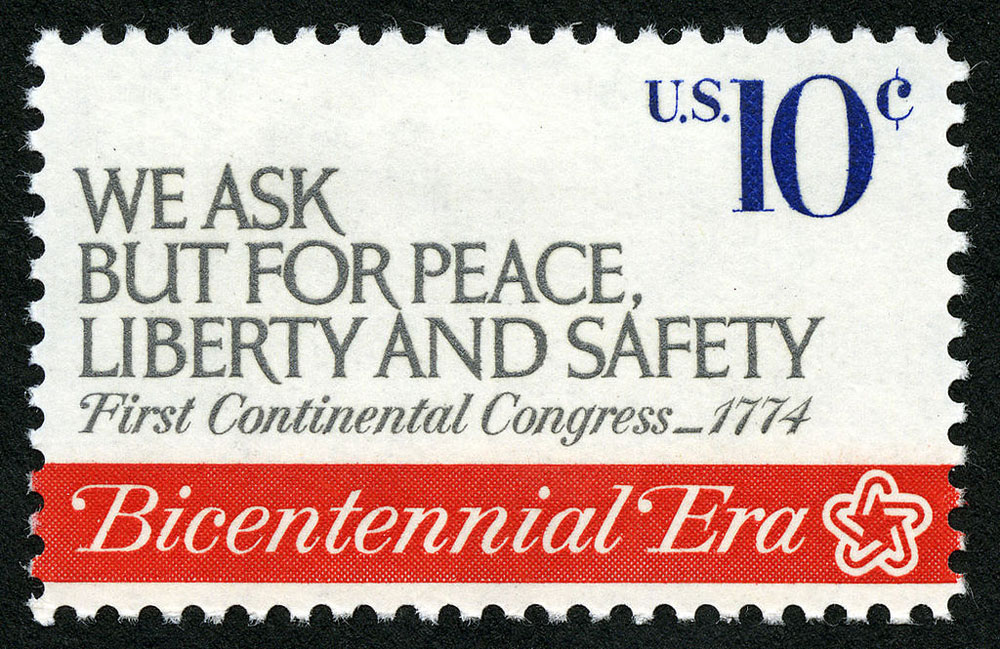
March 23, 2020; The Atlantic
Recently, the Trump administration, under the umbrella of pandemic preparedness, quietly proposed suspending a broad range of individual rights and civil liberty protections. These efforts, which included further concentration of executive power and removal of legislative oversight, were largely rejected by Congress. So, crisis averted, perhaps? But when seen in the context of similar actions taking place in countries across the globe, the picture becomes more ominous.
As Carole Levine noted in her recent NPQ article, under the cloak of a declared national emergency, the US Department of Justice sought the power to “pause court proceedings [and] the statute of limitations for both criminal and civil proceedings during national emergencies.” Habeas corpus procedures, which compel the government to show proper cause for detaining a person, and the right to have an asylum claim registered and duly considered were also on the list of threatened rights. The rationale for such extraordinary actions is that they are the necessary cost of responding effectively to the crisis.
From the perspective of the Atlantic’s Anne Applebaum, the demand for centralized power plays into a feature of the human condition: When we are threatened and scared, we may be all too willing to give up our rights, hoping we will get relief in exchange.
At times when people fear death, they go along with measures that they believe, rightly or wrongly, will save them—even if that means a loss of freedom. Such measures have been popular in the past. Liberals, libertarians, democrats, and freedom-lovers of all kinds should not fool themselves: They will be popular now too.
Trump is not alone in his actions. In Hungary, Viktor Orbán’s government has used the need to respond to the pandemic as an excuse to centralize power. “For an indefinite period of time,” Applebaum writes, “he will be able to ignore whichever laws he wishes, without consulting legislators; elections and referenda are to be suspended. Breaking of quarantine will become a crime, punishable by a prison sentence. The spread of false information or other information that causes ‘disturbance’ or ‘unrest’ will also be a crime, also punishable by a prison sentence.”
Sign up for our free newsletters
Subscribe to NPQ's newsletters to have our top stories delivered directly to your inbox.
By signing up, you agree to our privacy policy and terms of use, and to receive messages from NPQ and our partners.
Nor is Hungary unique. Writing in the New York Times, Selam Gebrekidan lifts up many additional examples: “In Britain, ministers have what a critic called ‘eye-watering’ power to detain people and close borders. Israel’s prime minister has shut down courts and begun an intrusive surveillance of citizens. Chile has sent the military to public squares once occupied by protesters. Bolivia has postponed elections.”
Fionnuala Ní Aoláin, the United Nations Special Rapporteur on counterterrorism and human rights, warns, “We could have a parallel epidemic of authoritarian and repressive measures following close if not on the heels of a health epidemic.” Gebrekidan adds that as “new laws broaden state surveillance, allow governments to detain people indefinitely and infringe on freedoms of assembly and expression, they could also shape civic life, politics and economies for decades to come.”
Indeed, as the epidemic climbs up the slope toward its peak and we have an unprecedented 3.28 million new claims for unemployment insurance, pressure to accept increased restrictions on civil liberties may amplify. Already stay at home orders affect an estimated 253 million Americans.
What will be the impact of these restrictions on democratic practice, both during the pandemic and, critically, afterward? At present, we face uncertainty about our ability to complete the census accurately or conduct a fair national election. Going forward, there are even more questions. As Douglas Rutzen, president of the International Center for Not-for-Profit Law in Washington, reminds Gebrekidan, “It’s really easy to construct emergency powers. It’s really difficult to deconstruct them.”
How will our nation respond? Facing the growing pressure of the COVID-19 pandemic, this may be a real test of who we are as a nation.—Martin Levine











